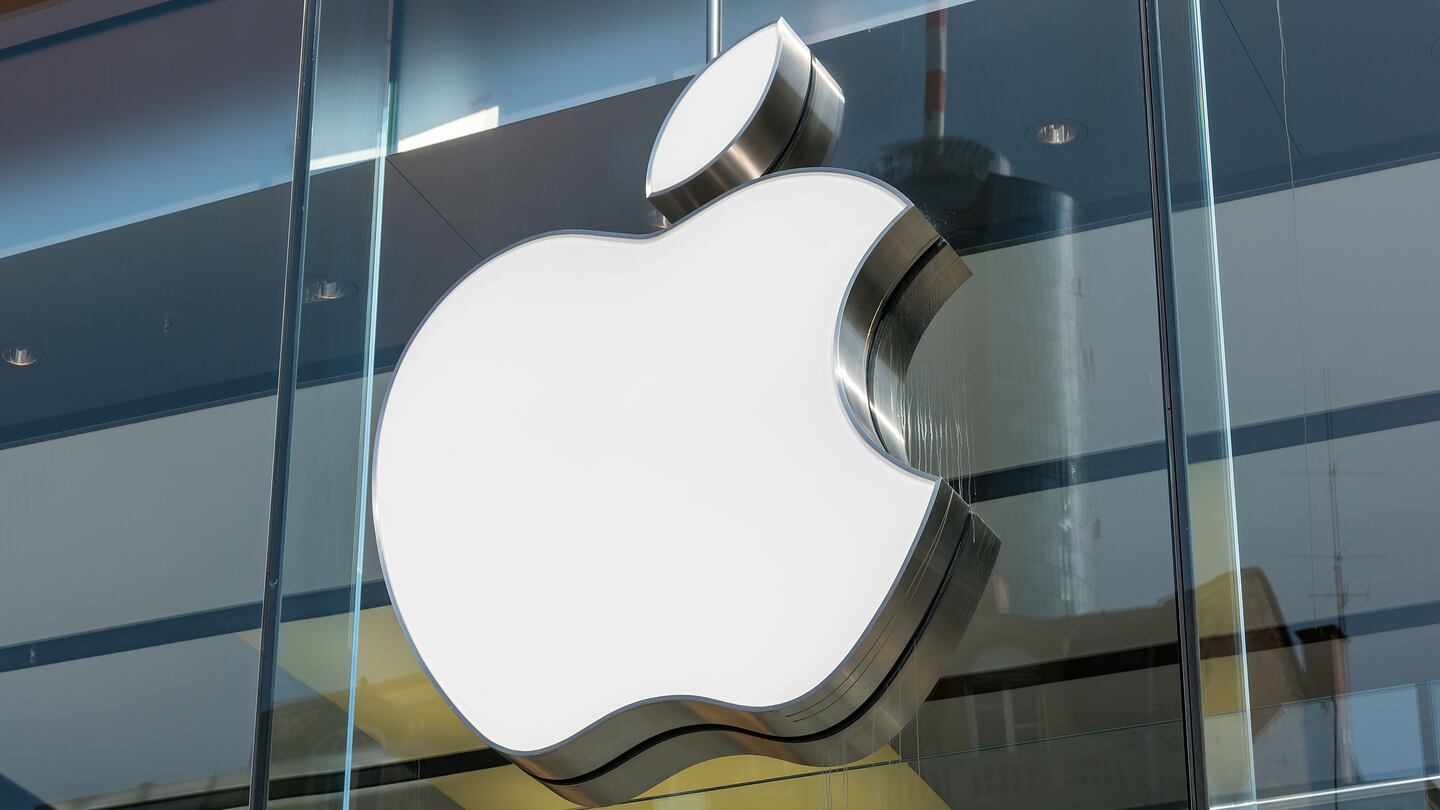
The Business of Fashion
Agenda-setting intelligence, analysis and advice for the global fashion community.

Agenda-setting intelligence, analysis and advice for the global fashion community.

Apple Inc on Monday will begin rolling out an update of its iOS operating system with new privacy controls designed to limit digital advertisers from tracking iPhone users.
For Apple’s more than 1 billion iPhone users, the change will mean a new pop-up notification in some apps seeking their permission to collect data that Apple believes could be used to track their browsing habits across third-party apps and websites.
For businesses, the rules could bring seismic changes to the nearly $100 billion mobile advertising market if most iPhone users decline to allow data collection, though the exact impact remains a question, according to industry experts.
What is Apple doing?
ADVERTISEMENT
Apple is requiring app developers who want to collect a digital advertising identifier from iPhone users to show a pop-up saying that the app “would like permission to track you across apps and websites owned by other companies,” along with an explanation from the app developer about why permission is being sought. Some mobile advertising analysts believe that fewer than one in three users are likely to grant permission.
IPhone owners also have a “tracking” menu in their phone’s privacy settings where they can opt-out of tracking from all apps on their phone with a single switch, or pick and choose among apps to grant permission to.
What does this mean for developers and advertisers?
Both advertisers and app developers who sell ad inventory say if many iPhone users opt-out of tracking, it will make advertising less effective. The ad industry has long gathered data about people’s web browsing behaviour in order to serve up ads, such as for clothes or cars, that users might be interested in.
A shrinking pool of user data could lead to lower sales for brands and lower ad revenue for mobile apps and publishers. Apple’s move has deepened a rift with Facebook Inc, which has said the change will hurt small businesses because it will impede their ability to cost-effectively find local customers to target with advertisements.
Why did Apple make the change?
Apple has said it wanted to give its customers more control over whether data collected on them by apps is shared with third parties.
Can apps still collect data on iPhone users?
ADVERTISEMENT
Yes, data collection is still allowed if it is spelled out in an app’s privacy policy. The changes only affect whether app developers share data they collect with third parties, or mix their data with outside data from third parties, to help target ads. Apple has introduced privacy “nutrition labels” to its App Store to show users what data apps collect.
Will iPhone apps still have ads?
Yes, iPhone users can still see ads even if they decline the new pop-up, as long as those ads are targeted using data the app developer has collected on its own. For example, a social network like Facebook Inc can still target ads based on first-party data such as which groups users join or which posts they like. But if Facebook wants to target ads based on data from which third-party websites users have used their Facebook credentials to log into, it will need to seek permission.
By Stephen Nellis: Editor: Mark Potter
Brands are using them for design tasks, in their marketing, on their e-commerce sites and in augmented-reality experiences such as virtual try-on, with more applications still emerging.
Brands including LVMH’s Fred, TAG Heuer and Prada, whose lab-grown diamond supplier Snow speaks for the first time, have all unveiled products with man-made stones as they look to technology for new creative possibilities.
Social networks are being blamed for the worrying decline in young people’s mental health. Brands may not think about the matter much, but they’re part of the content stream that keeps them hooked.
After the bag initially proved popular with Gen-Z consumers, the brand used a mix of hard numbers and qualitative data – including “shopalongs” with young customers – to make the most of its accessory’s viral moment.